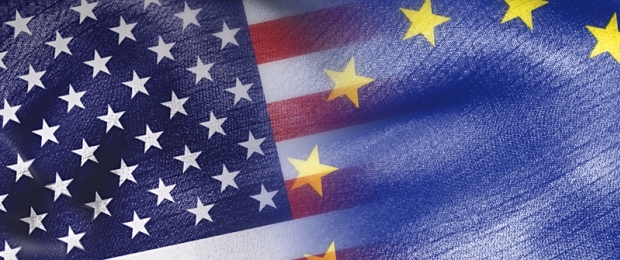
Transatlantic tensions
The friendship between the EU and the US is unusually strained, and the outlook appears bleak. Tension is most evident in the one area where the EU has a coherent foreign policy, trade (the EU's reluctance to implement WTO rulings on bananas and beef hormones has been shameful). But Europe's rapid integration in two other areas - monetary union and defence - has the potential to cause serious rifts in the years ahead. So far, the US has reacted calmly to the arrival of the single currency. But a persistently weak euro, and the consequent advantage to Euroland exporters, could fuel protectionist sentiment in the US. And if - as is likely - in the long run the euro rivals the dollar as an international currency, the US will find it harder to finance its current account deficit (Steven Everts' forthcoming CER report, The impact of the euro on transatlantic relations, analyses these issues).
The EU's efforts to build a defence capability have already provoked some intemperate language from US officials. The Americans are entitled to express concerns, for example that the EU should find a role for Turkey in its new arrangements. But they should not demand of the EU a formal commitment that it would never act militarily without consulting NATO (and thus the US), for that would imply that sovereign European states could not use their forces as they chose. In practice, the Europeans would consult the US in virtually any conceivable situation, because their ability to operate independently of NATO is minimal (see this issue's article by Tim Garden and John Roper). So the administration should relax and welcome the Europeans' genuine efforts to make their armed forces more effective.The US should recognise that an EU which is economically and military stronger will be a more useful ally; and that, in the long run, European monetary and military integration will inevitably lead to a less imbalanced transatlantic partnership. Europe is an adolescent power - albeit a soft, slow-moving one. Treat adolescents as responsible adults, and they are more likely to behave as such.
